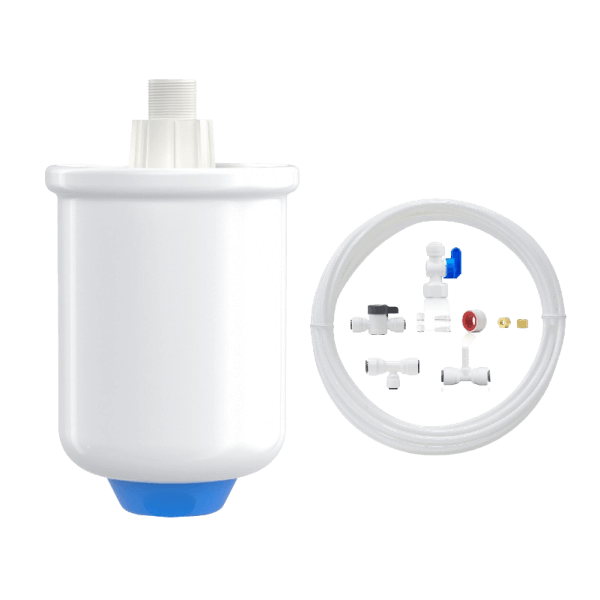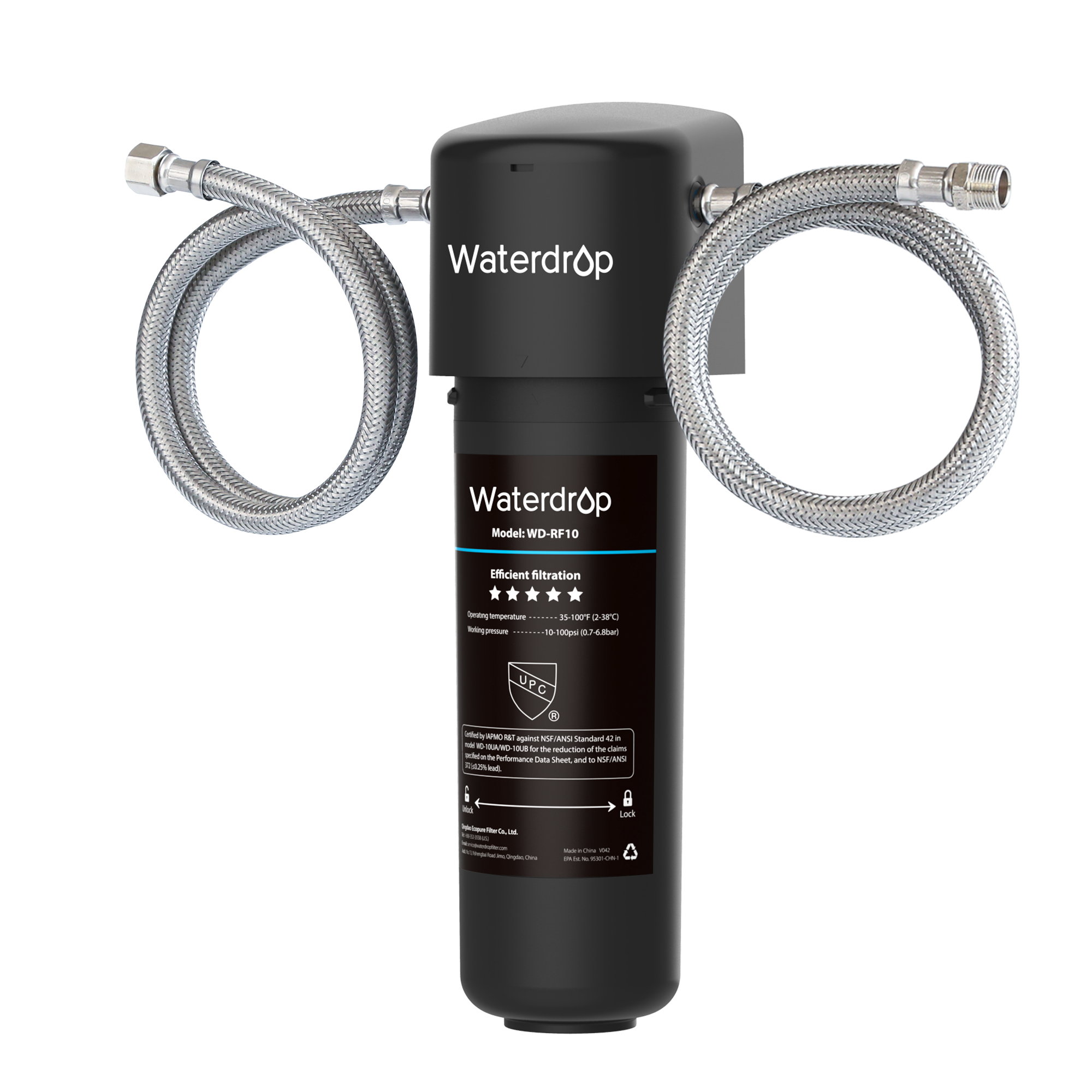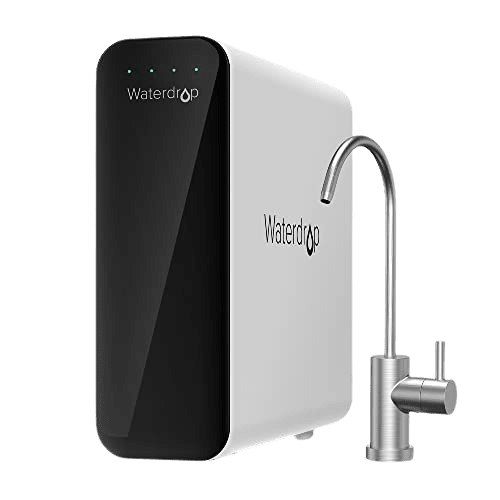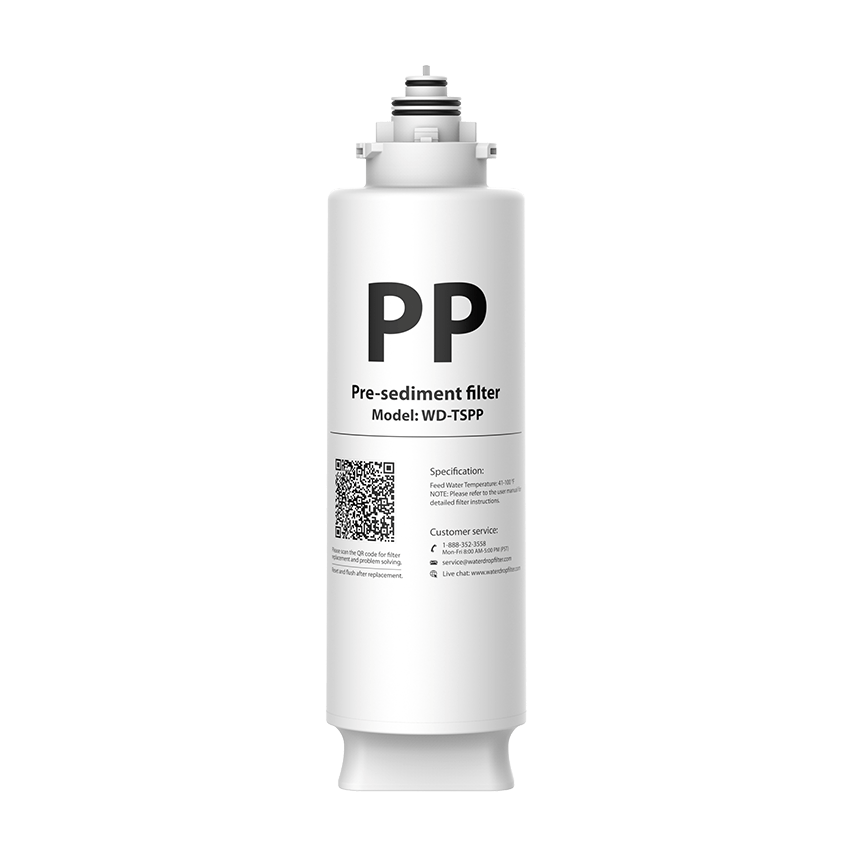Rice Water: How to Make It and Benefits
by Dr. Jonathan Doyle - Updated February 26, 2024
Understanding Rice Water
When rice is soaked or cooked, it produces a nutrient-dense liquid called rice
water. It has been used for generations as a traditional treatment for hair and skin in several Asian nations,
as shown by the Yao ladies of China, who preserved their long hair.
Related: In this Chinese village of ‘real-life Rapunzels,’ women only cut their hair once
in their lives
Rice water has long been known to support stronger, healthier hair because of its
high antioxidants , amino acids , vitamins B and
E, mineral, and inositol
content. This traditional remedy is regaining popularity as a widely embraced beauty trend worldwide due to its
cultural importance and simple preparation process.
Which Rice Water Option Is Better?
There are several benefits to using the Waterdrop A1 reverse osmosis dispenser to
make rice water.
A high-precision, 6-phase water treatment system incorporating a 0.0001 μm RO water membrane with UV-LED sterilization can eliminate more than
one thousand impurities from your water supply. That way, you know the water you are using to rinse the rice is
spotless, which boosts the final rice water’s quality and makes it safer to drink.
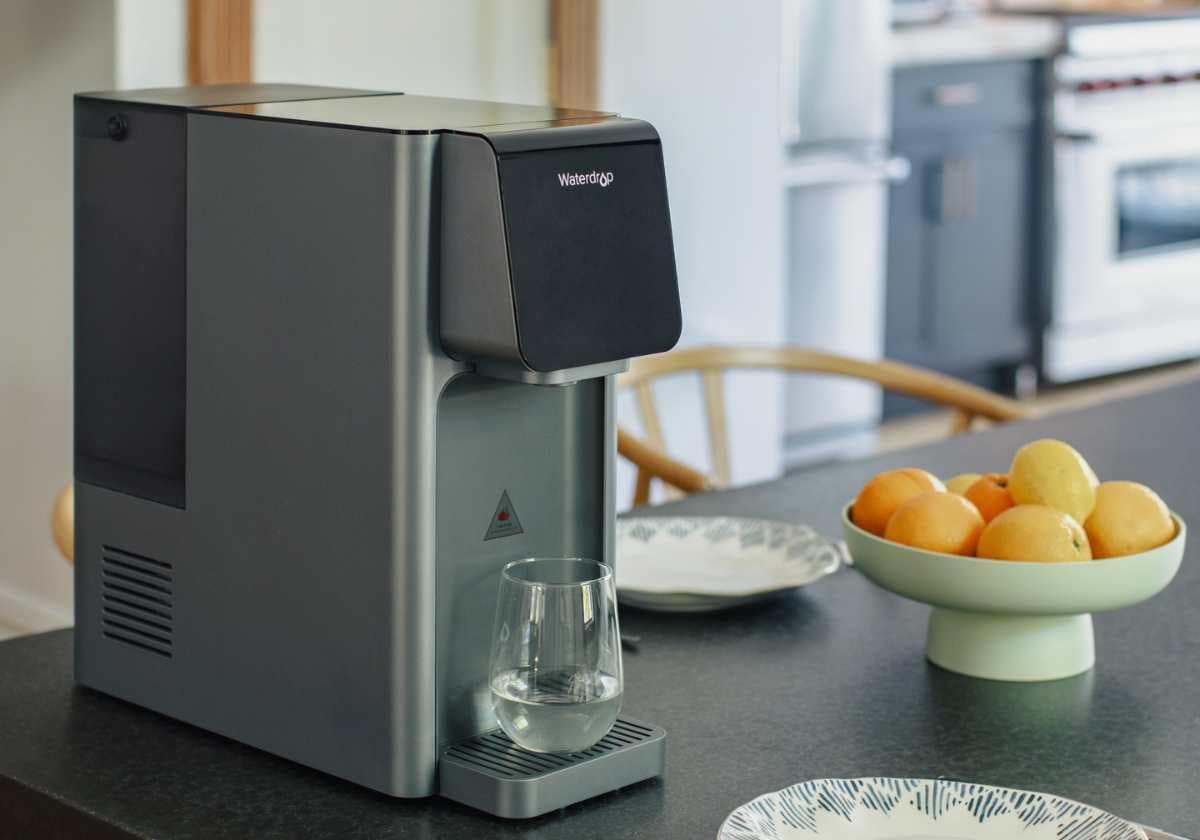
The gadget has temperature settings from 41°F to 203°F, allowing you to modify it
for washing rice to achieve the desired texture and maintain efficient kitchen operations.
An OLED bright display completes a fantastic user experience, making monitoring and
setting changes easy, even at night.
The 2:1 pure-to-drain ratio reduces water usage, and the pitcher prevents repeated
filtering, extending the RO membrane’s lifespan.
An example of a safety feature is a kid lock, which would prevent accidents, and an
exterior three-color light, which displays the temperature.
The A1 reverse osmosis water filter enhances rice preparation by consistently
delivering improved rice water while minimizing wastage, thanks to its efficient, safe, and convenient features.
Related: All-In-One Countertop Reverse Osmosis System That Cools, Heats, And Purifies
Procedure for Preparing Rice Water
How Can Rice Water Be Made for Skin and Hair?
Cleaning Procedure
Clean ½ cup of uncooked rice well, then transfer to a bowl and cover with two to
three glasses of water. Allow it to soak for 30 minutes. Strain the liquid into a separate basin.
Process of Fermentation
Rinse the rice water after washing and let it ferment at room temperature for no
more than two days. Filter it before usage.
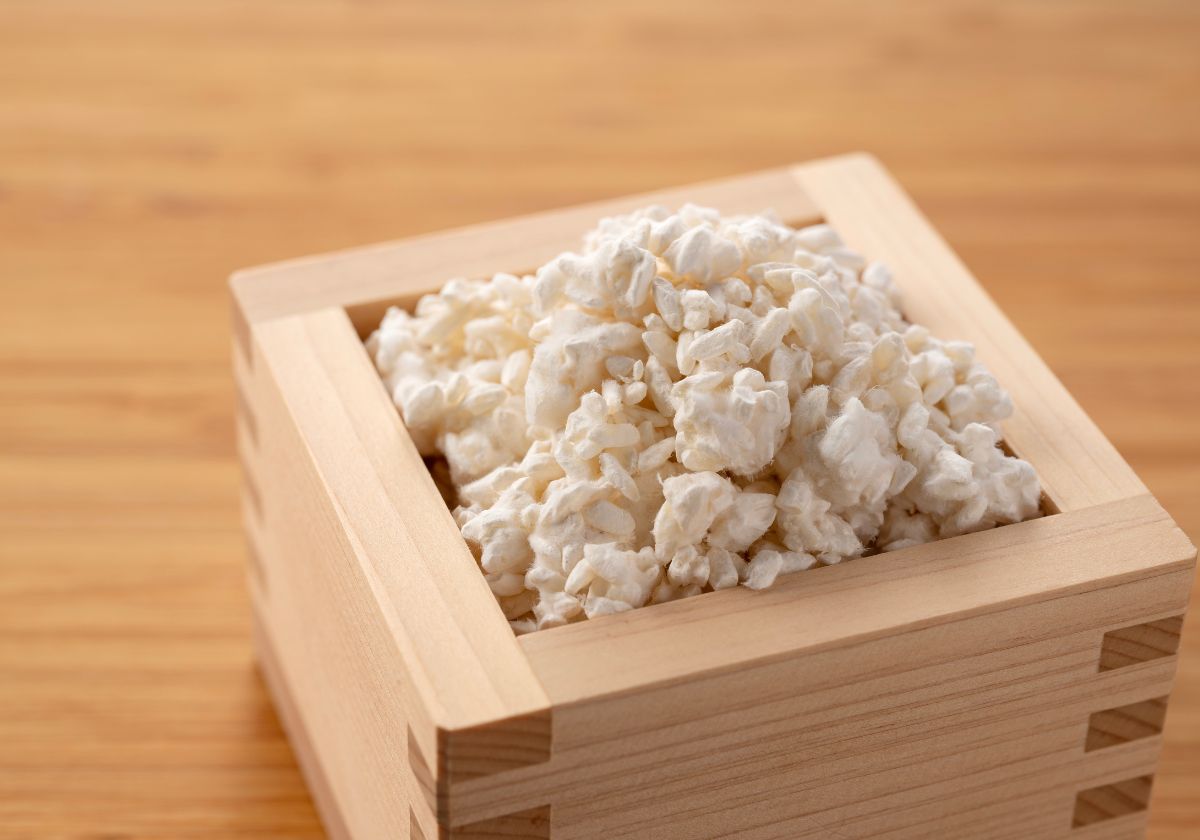
Boiling Process
Boil ½ cup of rice in a large amount of water (two cups are suggested). After
cooking for 20 to 30 minutes, strain the starchy water without adding butter or salt.
How to Use Rice Water for Hair and Skin?
Hair
- After washing your hair, thoroughly rinse with water from the tap.
- Use rice water to dampen your hair, then gently massage your scalp and hair.
- After keeping the product in the hair for twenty minutes, rinse it with warm water.
- If you wish, strain the rice and then use it, adding flavor as required.
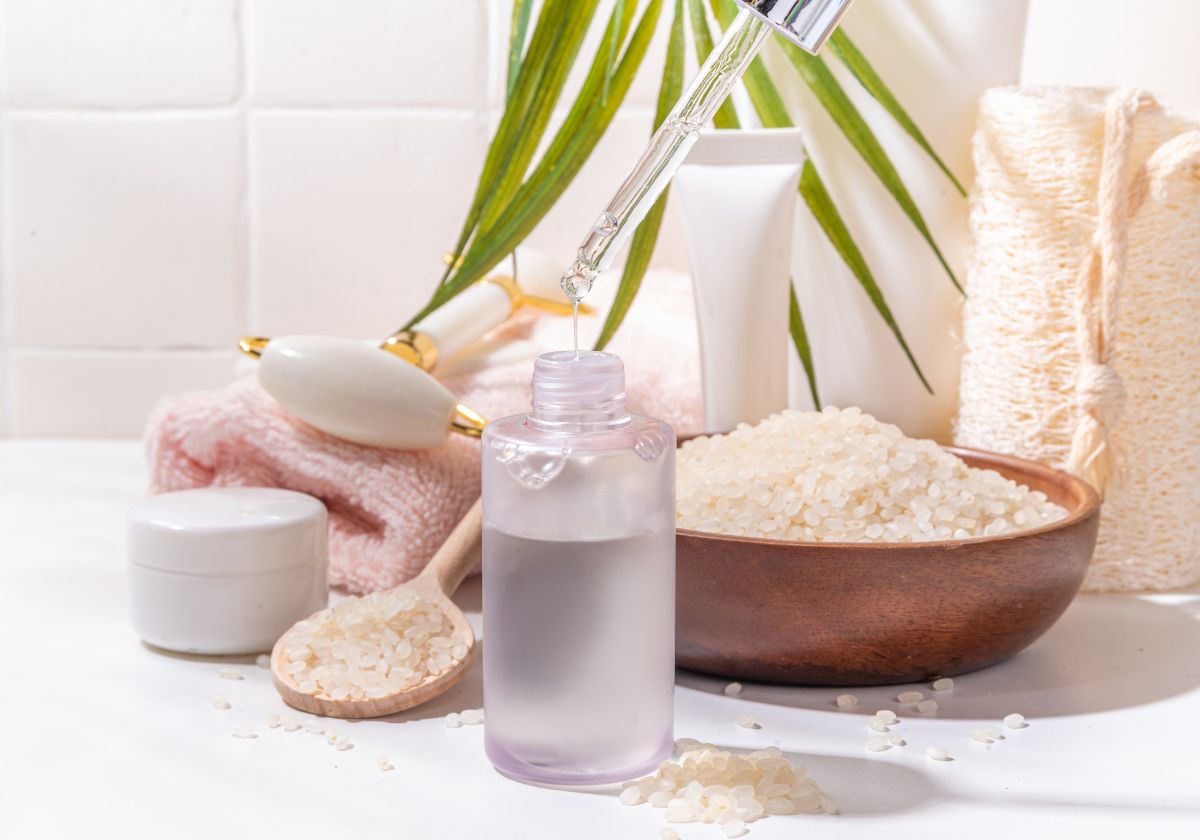
Skin
- At least twice a week, use rice water to rinse your face gently for the best possible effects.
- To apply, use rice water to moisten a cotton pad and dab it over your face like a toner. Alternatively, gradually apply it after you have cleansed your skin to enhance its color and texture.
- Before beginning regular use, it is essential to do an allergy patch test in order to avoid adverse responses. Because of its gentle nature, this treatment is appropriate for all skin types.
Advantages of Rice Water
Rice Water for Face
In addition to inositol and vitamin B, the amino acids and antioxidants found in
abundance in rice water may help reduce the visibility of pores and improve the skin’s general texture.
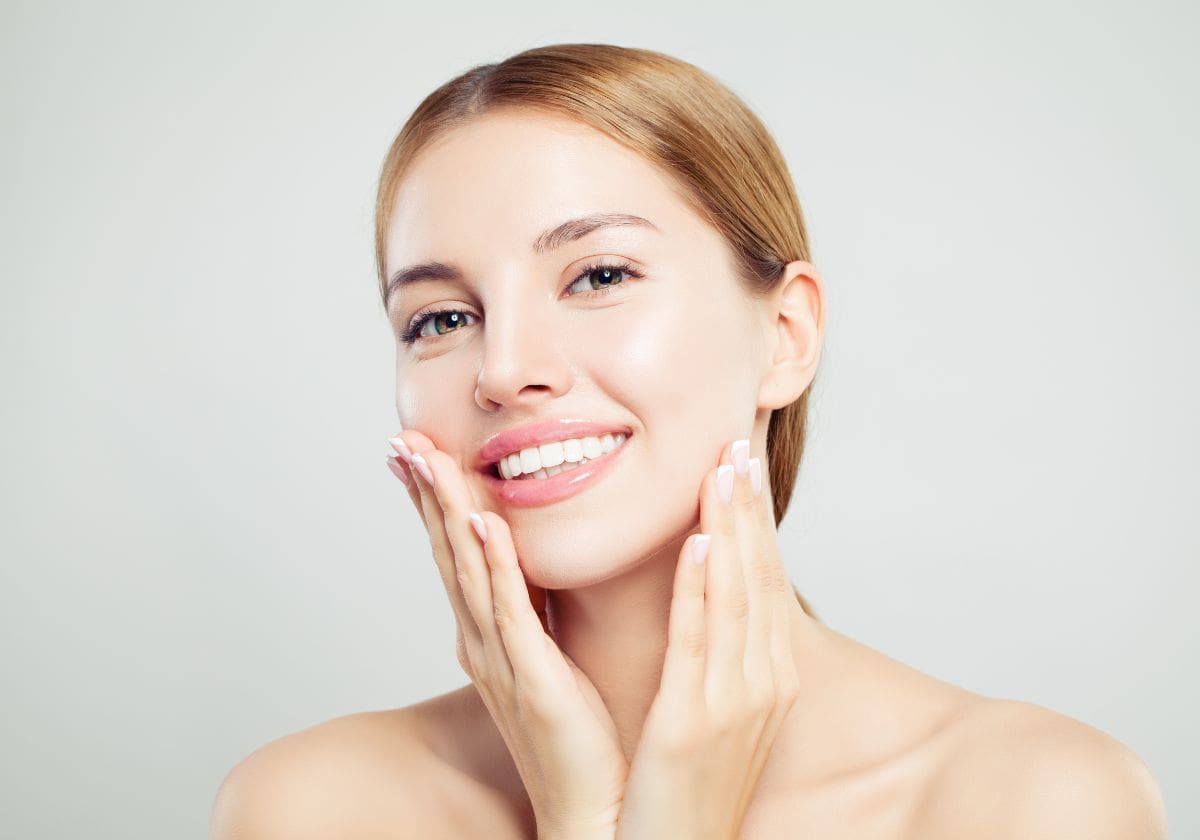
Softening of the Skin
Rice water may include compounds that assist the skin in retaining moisture, which
strengthens the skin’s capacity to maintain its barrier and keeps the skin smooth and supple.
Organic Skin Toning
A gentle toner that is appropriate for even the most delicate skin types can help
regulate the pH level of the skin due to its low acidity, making it ideal for use on
even the most sensitive skin types.
Treatment for Acne
There is a possibility that the anti-inflammatory and antibacterial properties of
rice water contribute to its effectiveness in preventing acne outbreaks and accelerating the healing process of
existing conditions.
Eczema Treatment
Rice water may help reduce the itching and redness that are associated with eczema
flare-ups because of the relaxing effects that it has.
Skin Brightening
People have the misconception that rice water has natural components that might
inhibit melanin production by the skin, which could reduce the appearance of sunspots and hyperpigmentation
marks.
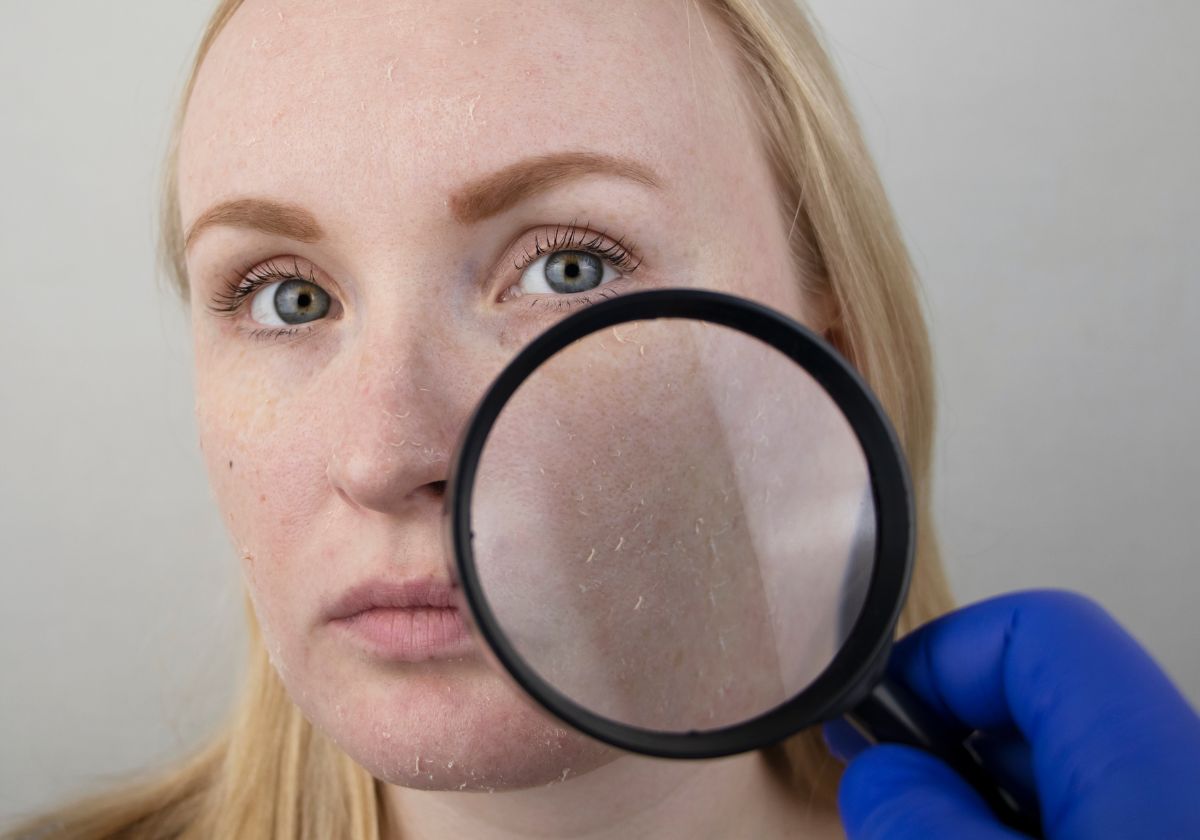
Relieving Inflammation and Burns
Its cooling characteristics may provide rapid relief, while the antioxidants in
rice water can assist in the healing of skin that has been harmed.
Heals and exfoliates dermatitis
Maintaining a healthy skin barrier with rice water may effectively combat dryness,
which is usually associated with dermatitis. A further benefit is that its texture contributes to a gentle
exfoliation.
Rice Water for Hair Growth
It includes proteins that help heal damaged hair, reducing the split ends and
breaking in the hair. As a result, it is an ideal wash for treating various hair problems.
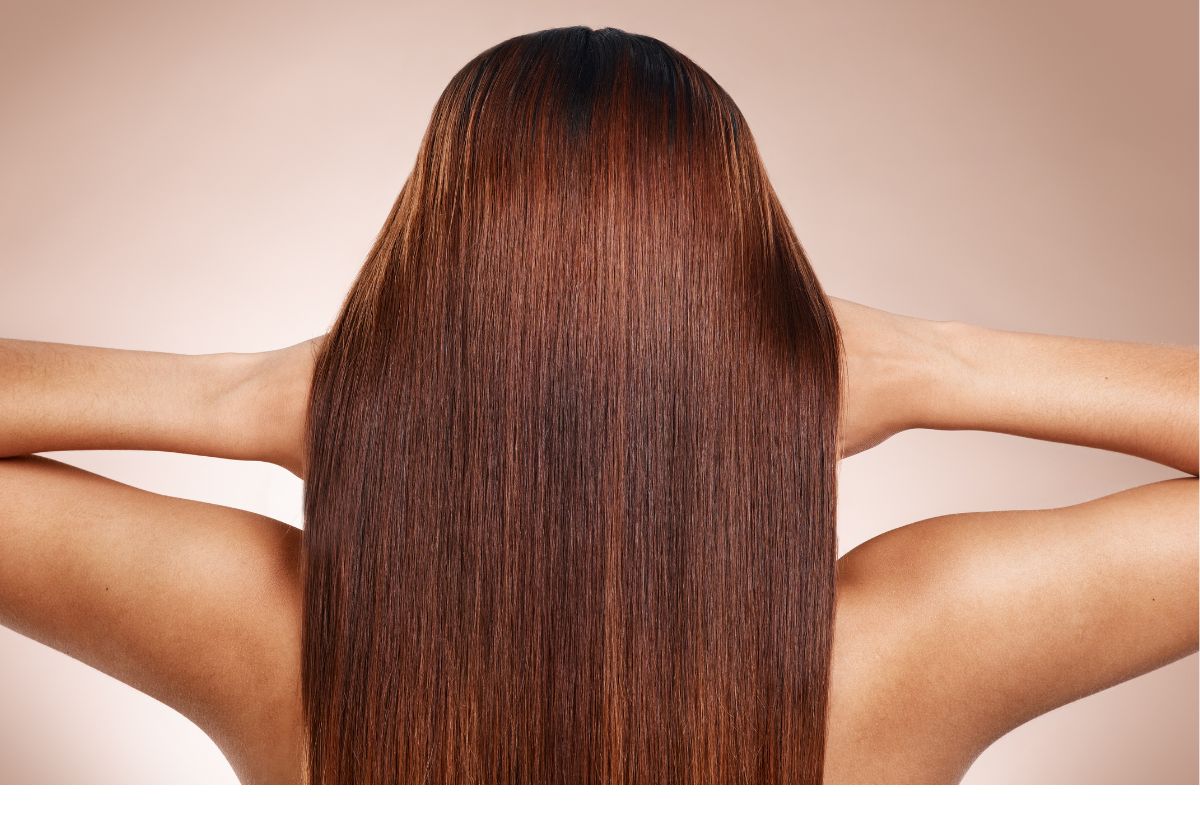
Skin Conditions
Rice water can influence the creation of collagen, essential for maintaining the
skin’s flexibility, and partly delay the emergence of wrinkles and fine lines. Rice water also can reduce the
appearance of wrinkles.
Health of the Scalp
The vitamins and minerals in rice water may rejuvenate the scalp, decrease
dandruff, and enhance the overall health of hair follicles.
Key Points
- Before you use the rice water, you should filter it to remove any particles and ensure it is at the appropriate temperature for application.
- Limit rice water to once or twice a week to avoid excessive protein buildup on the hair, which may hinder hair development.
- To lessen the pungent odor of fermented rice water, consider diluting it with natural aromas or essential oils.
- Keep in mind that extended contact with rice water might irritate the scalps of those with sensitive skin.
- It is essential to use the rice water as soon as it is created or to ensure that it is kept correctly any left out for longer than is recommended should be discarded to prevent the formation of germs.





